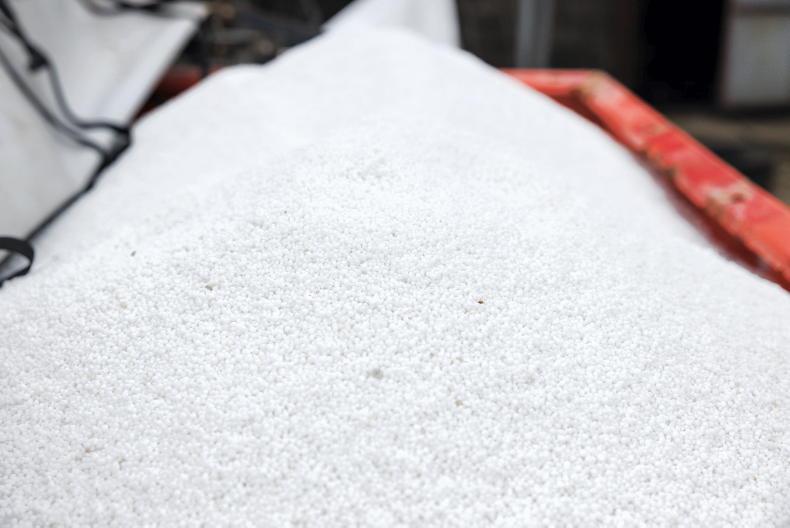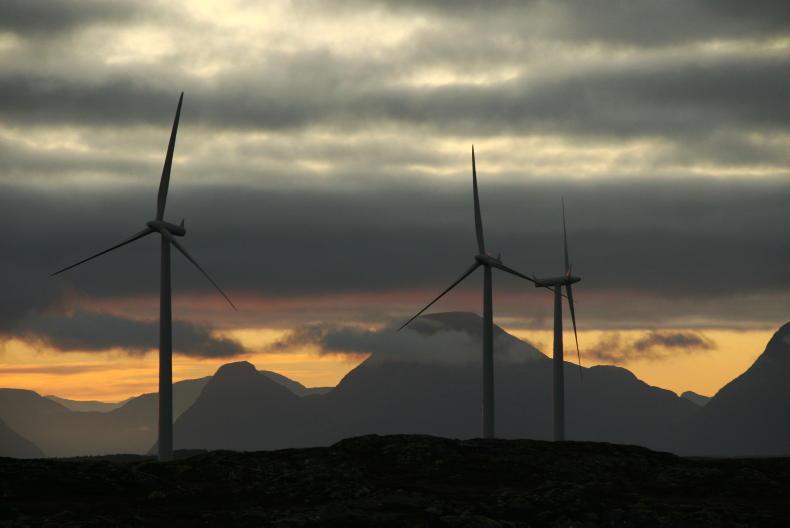European leaders meeting at the Prague Summit, which has been dominated by energy policy, do not have many good things to say about Germany's massive €200bn backstop for its energy consumers.
Speaking before the summit began, outgoing Italian prime minister, and former ECB president, Mario Draghi said "we cannot divide ourselves according to the amount of room in our national budgets."
The need for a cohesive response has been echoed by French and Irish politicians, with Taoiseach Micheál Martin today saying that there should be "a more co-operative and collective approach and every member state, including Germany, is on for that."
GDP
Germany insists that the package of measures is proportionate to the size of its economy, with the €200bn corresponding to less than 6% of the country's GDP. For comparison, Ireland's bank bailout cost nearly 40% of its GDP.
Berlin also argues that the €200bn figure is a maximum allocation. Should energy prices not soar over the winter period, then there is a good chance little of the money would be used.
On the other hand, should prices rise and the package used in full, there is a strong argument that this could contravene EU state-aid rules. While no member state is making that argument yet, the ire at Germany's budget-busting announcement is obvious in Prague.
Level playing field
For most of the other leaders, one of the biggest problems is one of fiscal capacity, as highlighted by Mario Draghi. Germany announcing a major spending package is seen as a positive for its economy, as it may help avoid a recession. Markets reacted to the energy backstop plan by buying more German sovereign debt, pushing yields lower.
There is little hope for most EU countries being able to pull the same trick - increasing debt burden would likely lead to higher borrowing costs and more sovereign risk.
No wonder then, that they insist on more unity in the EU's response to the energy crisis. It is the only way most can be credible in their response.
Germany has the advantages of size and fiscal space. It also has the advantage of being able to act fast - working on its own means it could avoid the uncertainty of waiting for the outcome of the current talks before being able to reassure its domestic audience.
In a letter to EU leaders before today's summit, Commission president Ursula von der Leyen emphasised the need for unity, without specifically mentioning Germany, saying: "We need to preserve a level playing field, without distortions of the single market, and act together in a spirit of strengthened solidarity between member states."
The solidarity is already under threat. The EU package, when it does come, will have to be extremely effective or there will be further threats to EU unity.










SHARING OPTIONS